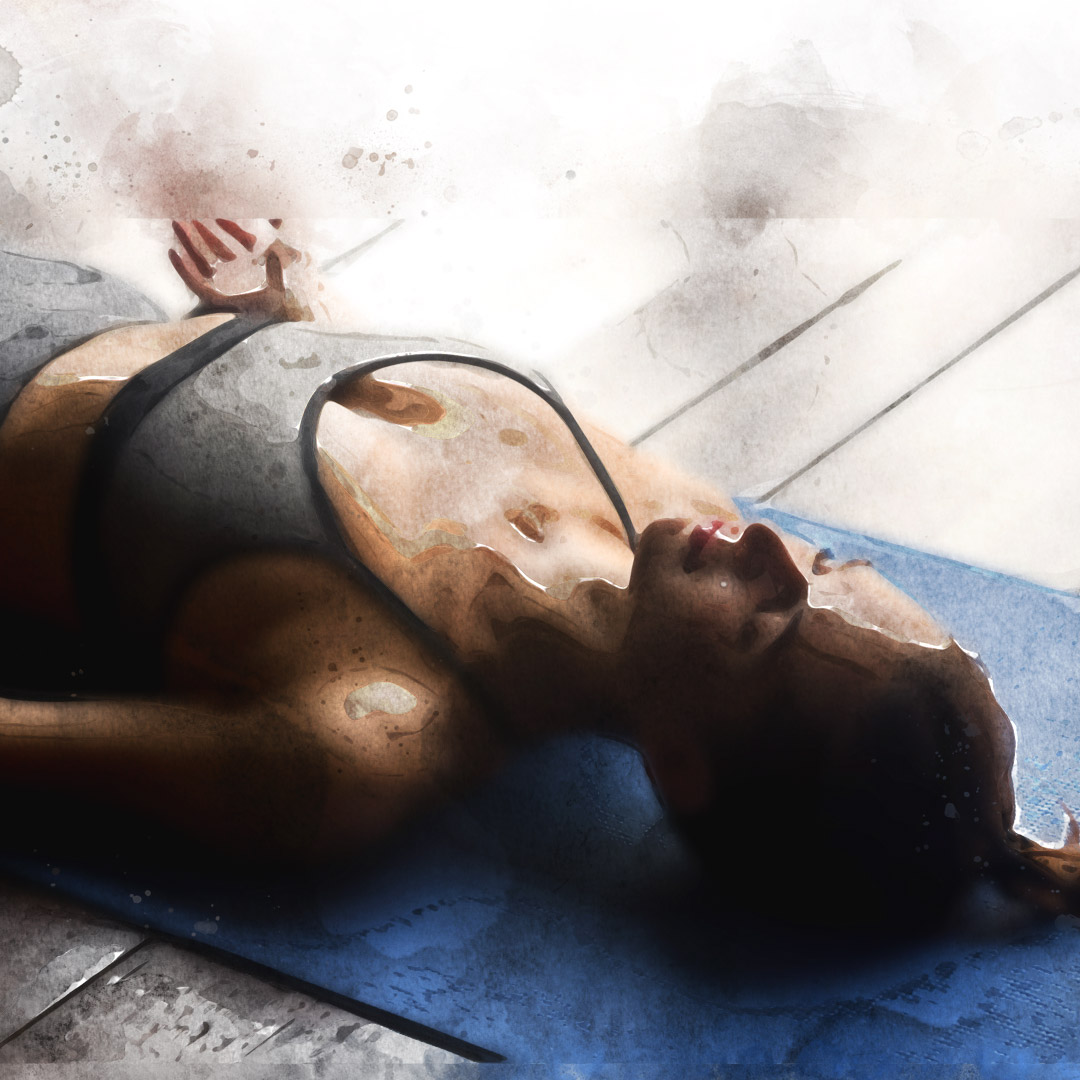Progressive Muscle Relaxation (PMR) is a method that relaxes the muscles in your body and helps to reduce muscular stress or tension(1).
Do your best and then relax. Let things go on in a natural way, rather than force them.
-Paramahansa Yogananda
Progressive Muscle Relaxation is a technique involving tensing and relaxing your muscle groups, which can effectively relax your body and mind(2). It is a simple process that requires you strongly tensing the muscle groups in your body and releasing them suddenly. It does not require you to force the process, but the method successfully releases tension from the muscles(2).
Muscle tension is a common physical reaction to fear, anxiety, or stress, as it is the way our bodies prepare for potential danger(3). However, muscle tension often occurs without us being exposed to any real threat, which can result in unnecessary stress, back pain, and headaches. Consistently practicing PMR can help reduce the symptoms(3). Apart from lowering stress, the technique has multiple other benefits like reducing heart rate, controlling tension, lower pain, and making you feel more relaxed(1).
Take up one idea. Make that one idea your life – think of it, dream of it, live on that idea. Let the brain, muscles, nerves, every part of your body, be full of that idea, and just leave every other idea alone. This is the way to success.
-Swami Vivekananda
History/Origins
Progressive Muscle Relaxation was first developed in the early 1920s by Dr. Edmund Jacobson(4). In 1938, he published Progressive Relaxation, which detailed how PMR can relax the body by alternately tensing and relaxing 14 different muscle groups(4). The American Academy of Sleep Medicine declared in 1999 that the technique is an effective treatment for chronic insomnia, too(4).
Benefits of Progressive Muscle Relaxation
According to a research article published in the Journal of Human Behavior in the Social Environment(5), Progressive Muscle Relaxation (PMR) technique can help with reducing tension headaches, chronic pain management in inflammatory arthritis, irritable bowel syndrome, and insomnia. A more recent study(6) suggests that PMR is helpful for COVID-19 patients. Regular practice of the technique can help the affected to reduce anxiety and improve sleep.
References
- UNC Health Care | Progressive Muscle Relaxation: Patient Education: Side Effect and Symptom Management Series
- New Harbinger | The Anxiety & Phobia Workbook by Edmund J. Bourne | Progressive Muscle Relaxation Script
- Centre for Clinical Interventions | Progressive Muscle Relaxation
- va.gov | Progressive Muscle Relaxation
- Journal of Human Behavior in the Social Environment | Volume 13, Issue 3 | Progressive Muscle Relaxation by Martha S. McCallie, Claire M. Blum and Charlaine J. Hood
- Complementary Therapies in Clinical Practice | Volume 39 | 2020 | Effects of Progressive Muscle Relaxation on Anxiety and Sleep Quality in Patients With CO-VID by Kai Liu, Ying Chen, Duozhi Wu, Ruzheng Lin, Zaisheng Wang and Liqing Pan






